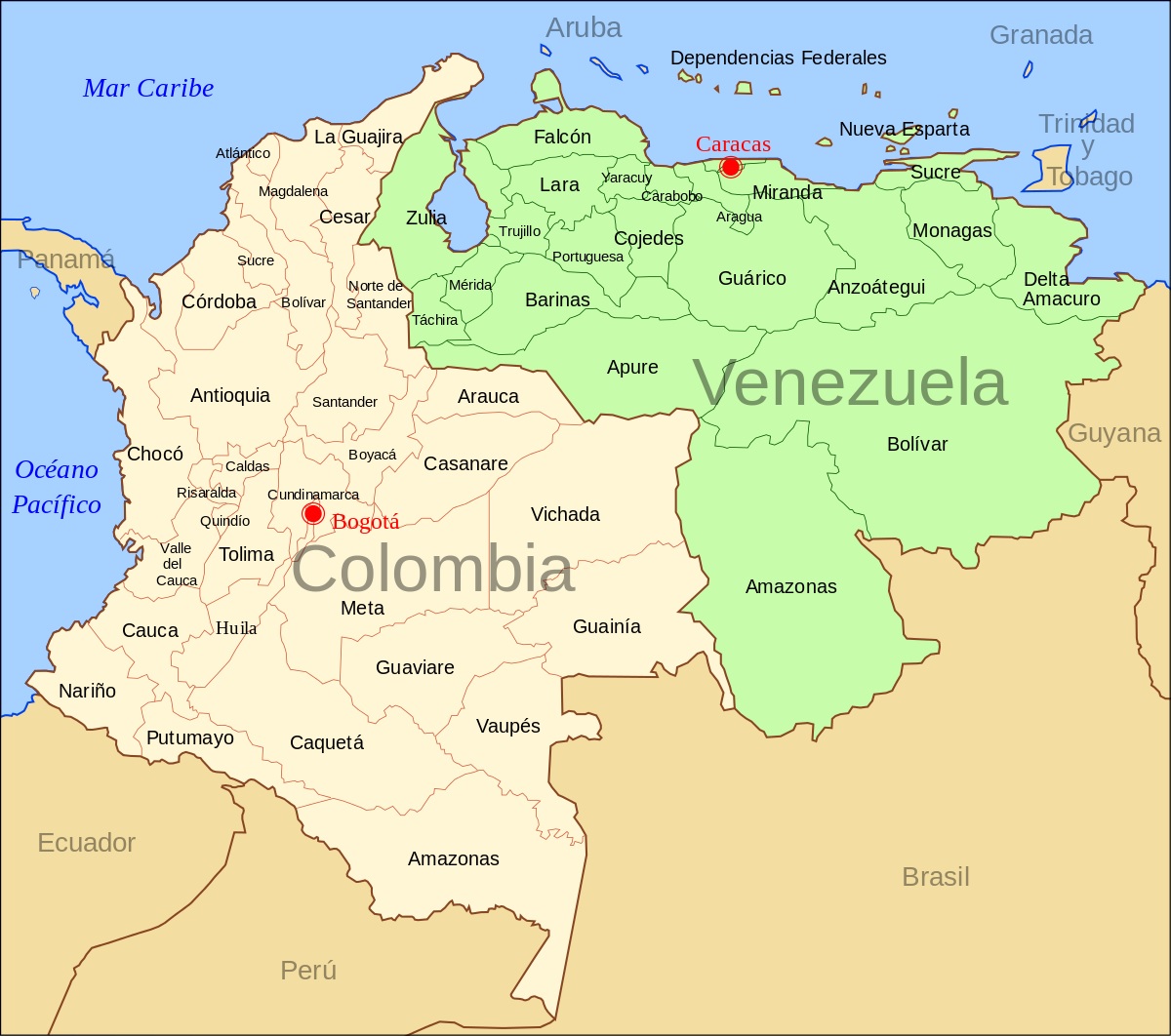The personal documents of Gregorio Blanco, a Colombian resident in Venezuela, have been expired for three years.
Like thousands of compatriots, he is in an irregular situation due to the closure of consulates in 2019, after the rupture of relations between Caracas and Bogota, which now resume their ties, a halo of hope for migrants on both sides of the border.
After years of confrontation, the reciprocal arrival of ambassadors to both nations to rebuild ties awakened an illusion in Colombians living in the oil nation.

This population exceeds 4 million, according to the new head of the diplomatic mission of Colombia for Venezuela, Armando Benedetti.
The figure rises if one considers the data of the Government of Nicolás Maduro, which raises it to 6 million, while the national director of the Association of Colombians in Venezuela, Juan Carlos Tanus, assured Efe that there are slightly more than 4.5 million.
For Tanus, this group was “neglected” and whose needs are not limited to irregularities in their documentation but include a range of requirements ranging from social to economic aspects, which have not been resolved due to the differences between Colombia and Venezuela.
The drama is visible in the case of Gregorio, to whom living irregularly has prevented him, according to what he told Efe, from requesting credits for his printing business, updating his documentation as a merchant, and has even generated inconveniences with police officers who warn him that “he is illegal”.
“I see that relations are going to normalize. I am praying to God that this will happen quickly,” the man pleads.
The longed-for change resulted from the arrival of a new government in Colombia, presided by the leftist Gustavo Petro, which favored the reestablishment of Colombian-Venezuelan relations.
These relations were broken when Colombia’s administration stopped recognizing Nicolás Maduro as the legitimate president of Venezuela.
Since then, the Association of Colombians in Venezuela has repeatedly denounced that these citizens cannot exercise their right to vote, register their children, obtain documents or remittances, and even request to return to their country.
According to Tanus, what they have experienced is an abandonment that has dented the quality of life of their compatriots.
“The Colombian state left the Colombian population in Venezuelan territory unassisted, leaving them to be much more affected by the inclemencies of the economic conditions in Venezuela and the global circumstances that impacted the Venezuelan economy,” he said.
And although the organization’s latest records show that some 32,000 Colombians are in an irregular situation with their documentation due to the lack of consulates, Tanus puts the number of people in need of legalization of some kind, beyond personal documents, at 180,000.
That without counting more than 1.8 million children of Colombians born in Venezuela, who have the right to obtain the nationality of their parents.
“Dr. Armando Benedetti is going to encounter several situations that will merit the accompaniment of the Venezuelan government and the political decision to resolve the processes of inclusion of the important group of Colombians in Venezuelan territory,” Tanus predicted for the new Colombian ambassador.
EXCITED AND WITH PLANS
Colombians in Venezuela look forward to the fulfillment of Benedetti’s recent promise to “progressively” open consulates in Caracas and states bordering Colombia, such as Zulia and Táchira, as a first step to attending this large group.
With his mind set on the arrival of that moment, Gregorio works with enthusiasm in his printing company. He is trying to keep the business afloat, even though he is not eligible for any financing because he does not have his documents “in order”.
“We already see the light at the end of the tunnel (…) Hope is there, that’s for sure (…) I know it won’t take long because we have talked about it for a long time. We wanted change, and change has arrived,” he says.
His testimony shows the union of two nations destined to understand each other, not only because of the 2,219-kilometer border they share but also because of the closeness of those who live in their territories.
“(I am) Colombian-Venezuelan, you can say, with all the greatness that this word contains,” Gregorio adds as if it were a seal that marks the course of this new beginning.
With information from EFE

